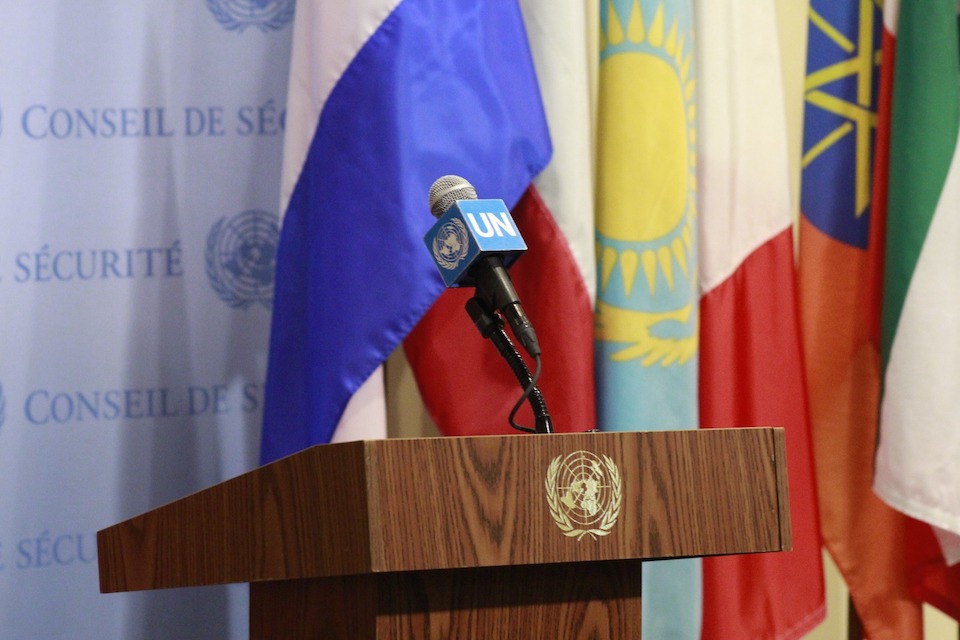New productivity institute part of £37m investment to boost UK wage growth and living standards
- £32 million investment for new UK Productivity Institute in Manchester, supporting the government’s drive to build back better, and level up wages and living standards across the country
- a further £5 million backing for the London School of Economics to identify how the UK’s most innovative products, services and technologies can be distributed more evenly across the economy
- package is the largest economic and social research investment ever in the UK, as part of country’s continued economic recovery from the COVID-19 pandemic
A new institute in Manchester will boost ground-breaking research to explore how to increase productivity, boost wages and support the economic recovery across the UK backed by a £37 million investment, the government announced today (21 August 2020).
This new state-of-the-art Productivity Institute based at the University of Manchester will be supported by £32 million of government and industry funding to identify barriers to increase productivity levels across the UK following the coronavirus crisis.
From September, over 40 researchers from leading UK institutions to work directly with policy makers and businesses to examine the UK’s productivity levels and the issues that impact productivity, such as working from home, workers’ well-being and lack of diversity in the workplace to identify key policies that could be implemented to unlock growth and deliver jobs.
Areas of research could involve understanding the supply and demand for labour and skills across regions and sectors, looking at how companies can implement new technologies and efficient processes to increase competition, improve working conditions, and accelerate the transition to a low carbon economy to future-proof industry and lower prices for consumers.
It comes alongside a new £5 million research programme at the London School of Economics (LSE) to accompany the Institute, which will identify ways that the UK’s most innovative products and services can be distributed more evenly across each sector of the economy to increase productivity.
Science Minister Amanda Solloway said:
Improving productivity is central to driving forward our long-term economic recovery and ensuring that we level up wages and living standards across every part of the UK.
The new Productivity Institute and LSE’s innovative research will bring together the very best of our researchers, boosting our understanding of the different drivers of productivity and helping people and businesses earn more in every area of our economy.
Led by esteemed economist Professor Bart van Ark of the Alliance Manchester Business School, the Productivity Institute will seek to identify solutions that address imbalances in productivity between sectors and regions, as well as improving management practices. In doing so, they will also be working with eight partners including the Universities of Glasgow, Queen’s University Belfast and Cardiff.
Economic and Social Research Council (ESRC) Executive Chair, Professor Jennifer Rubin, said:
The Institute at Manchester and the LSE research programme address what is arguably the UK’s biggest economic challenge. This funding represents the largest economic and social research investment ever in the UK, befitting its enormous potential to improve lives for millions of people.
The aim is to ensure that advances in knowledge inform the significant decisions and interventions that policy makers, businesses and individuals must make to improve productivity, and to achieve the attendant improvements in wages and living conditions that doing so can drive.
Professor Dame Nancy Rothwell, president and vice-chancellor of the University of Manchester, said:
This is a landmark investment by the government. It demonstrates how serious the government is about solving the UK’s productivity puzzle and importantly, it signals a commitment to help create an economy that works for everyone, with growth that is sustainable, inclusive and regionally distributed.
We are proud to lead a group of some of the UK’s most prestigious institutions to tackle what is perhaps the greatest economic challenge of our times and to do so from our region, with its rich heritage in productive growth.
Professor van Ark of the Alliance Manchester Business School said:
For many years the UK has grappled with how to create better jobs and boost productivity, thereby increasing people’s prosperity around the country. The COVID-19 recession makes it time for a fresh look at these challenges.
If we are to reboot the economy, we need jobs that create high value, use economic and natural resources efficiently, and drive sustained growth through technological change and innovation. Productive jobs will pay more and improve people’s well-being.
Working closely with businesses, policymakers and other stakeholders across the nation and sharing insights with other countries, we aim through our research and engagement to develop practices and policies to encourage more productive and inclusive growth across the UK.
The new Programme on Innovation and Diffusion (POID) at the London School of Economics (LSE) will be led by world-leading economist Professor John Van Reenen. The Programme will work to identify ways in which the UK’s most innovative products, services and technologies can be distributed more evenly across the economy to industries that have been slower to adopt modern practices that will help increase productivity.
Notes to editors
The Productivity Institute will be headquartered at the Alliance Manchester Business School.
Funding for the Productivity institute and the Programme on Innovation and Diffusion (POID) is being delivered through the Economic and Social Research Council (ESRC), part of UK Research and Innovation and through its Strategic Priorities Fund. It will run for 5 years, starting on 1 September 2020.
Of the £32 million provided for the Productivity Institute, ESRC will provide £26 million, with £6 million being provided by the Alliance Manchester Business School-led consortium.
ESRC will provide £4 million of the funding for the Programme on Innovation and Diffusion (POID), with an additional £1 million provided by the London School of Economics.

